The Sermons of
St. Francis de
Sales on Our Lady
Volume II in the Series
St. Francis de Sales
| Nihil Obstat: | Rev. Msgr. John H. Dewson Censor Librorum |
| Imprimatur: |  Most Rev. Robert E. Mulvee Most Rev. Robert E. Mulvee
Bishop of Wilmington
Wilmington, Delaware
June 19, 1985 |
Copyright 1985 by the Visitation Monastery of Frederick, MD, Inc.
Library of Congress Catalog Card Number: 85-51662
Cover design by Milo Persic, .
Back cover image courtesy of DeSales Resources and Ministries, Inc., Stella Niagara, NY.
All rights reserved. No part of this book may be reproduced or transmitted in any form or by any means, electronic or mechanical, including photocopying, recording, or by any information storage or retrieval system, without permission in writing from the publisher.
TAN Books
Charlotte, North Carolina
www.TANBooks.com
2013
Dedicated to
Notre Dame de Bonne Dlivrance,
"Our Lady of Kind Deliverance,"
at whose feet and through whose
intercession St. Francis de Sales
was delivered from interior darkness
so great that it had brought him
to the gates of death.
The Sermons of St. Francis de Sales
| Volume I | On Prayer |
| Volume II | On Our Lady |
| Volume III | For Lent |
| Volume IV | For Advent and Christmas |

St. Francis de Sales
1567-1622
Bishop, Founder of the Visitation,
and Doctor of the Church
TABLE OF CONTENTS
ABOUT ST. FRANCIS DE SALES
St. Francis de Sales, the holy bishop, founder, and Doctor of the Church, is known throughout the Church for his great sanctity, learning, theological knowledge, gentleness, and understanding of the human soul. Through these marvelous gifts he converted and guided innumerable souls to God during his own lifetime, and re-converted thousands from Calvinism. He continues to direct many souls through his spiritual writings and published sermons. Today St. Francis de Sales is known as one of the great figures of the Catholic Counter-Reformation and of the 17th-century rebirth of Catholic mystical life.
St. Francis was born in 1567 in the castle belonging to the de Sales family in Thorens, Savoy, located in what is now southeastern France. As he grew older, the young nobleman studied literature, law, philosophy and theology in Paris and Padua. It was during his student days in Paris, in the winter of 1586-1587 (at age 19), that St. Francis de Sales was freed from a terrible temptation through the intercession of the Blessed Virgin Mary.
Profoundly impressed with his own spiritual weakness and nothingness in contrast with the holiness and justice of God, St. Francis de Sales became tormented by an overwhelming feeling that he was not in the state of grace and that he was destined for eternal damnation. With valiant prayer he fought this temptation to despair, but it continued. From the depths of his misery, he poured out desperate prayers. He told God that even if he was going to be damned for eternity, at least in this life he would love Him, would always hope in His mercy, and would continue to praise Him always. Furthermore, he pleaded that God would at least not allow him to be among those who eternally curse His Holy Name.
One day, when he was more than ever overwhelmed by thoughts of perdition, St. Francis de Sales ran on foot to the church of St. Stephen, where he knelt down in the chapel of Our Lady. He renewed his vow of perpetual chastity in front of the holy image of Notre Dame de Bonne Dlivrance, that is, Our Lady of Kind Deliverance. (It was in front of this same statue that he had first pronounced this vow some years earlier.) Then he promised that if he were delivered from his inner agony, he would recite the Rosary every day.
At that moment his eyes fell upon a holy card bearing the Memorare of St. Bernard. He picked it up. As he recited the prayer on the card, St. Francis de Sales felt a profound transformation come over him. He felt like a leper suddenly seeing his sores vanishing before his eyes; a great peace came upon him. He was cured.
The statue of Notre Dame de Bonne Dlivrance, the Black Virgin, which dates back to the 14th century, is still honored today. It is venerated in the motherhouse of the Sisters Hospitalers of St. Nicholas of Villanova in Neuillysur-Seine, France.
Upon finishing his studies, St. Francis de Sales received a doctorate in civil and canon law. Though he could have had a brilliant secular career, he set his soul on following the call of God to the priesthood, and was ordained in 1593 at the age of 26. He was consecrated Bishop of Geneva at age 35, and was to remain Bishop of Geneva for the remaining 20 years of his life. Some years after St. Francis de Sales took charge of Geneva, King Henry IV suggested to him the possibility of a transfer to a diocese with more worldly advantages; the saint replied in words that soon became famous all over Paris: "Sire, I have married a poor wife and I cannot desert her for a richer one."
Shortly after becoming a bishop, St. Francis met St. Jane Frances de Chantal, a widow; between these two saints there grew a deep spiritual friendship. St. Francis became the spiritual director of Jane Frances, and with her, he founded the religious order of nuns known as the Order of the Visitation, or the Visitandines. St. Francis de Sales was also for a time the confessor of Blessed Marie of the Incarnation (Madame Barbe Acarie), a wife, mother of six children, Parisian hostess, mystic, and foundress of five Carmelite convents.
St. Francis de Sales wrote two of the greatest Catholic masterpieces on the spiritual life: the Introduction to the Devout Life and Treatise on the Love of God. The former shows how holiness is possible for all people in the state of grace, including people living in the world. This book was a bestseller in the 17th century and is still popular today. The Treatise on the Love of God covers all aspects of the virtue of charity, the supernatural love of God. St. Francis de Sales' pamphlets against the Calvinist heresy have been gathered together into a book and given the title Controversies. The arguments presented in this book are just as unanswerable today as when they were written. Because of his writings, St. Francis de Sales has become the patron of writers and journalists; he has also been designated patron saint of the Catholic press.
St. Francis de Sales died at age 55, in the year 1622. His beatification, which occurred the very year he died, was the first formal beatification ever held in St. Peter's Basilica. He was canonized in 1665, and was declared a Doctor of the Universal Church by Pope Pius IX in 1877. With this declaration the Church presented the teachings of St. Francis de Sales to all the faithful as a sure guide to true Catholic doctrine and the ways of the spiritual lifea sure guide to Heaven.
PREFACE
It is a joy to welcome the English translation of the Sermons on Our Lady by Saint Francis de Sales. It is especially through his masterpiece, Introduction to the Devout Life, that the Doctor of the Church is known throughout the Christian world. The role of Our Lady as the Mother of God is not sufficiently appreciated. The publication of these thirteen Marian sermons will help all to see that Mary is an essential element of his spirituality.
Next page
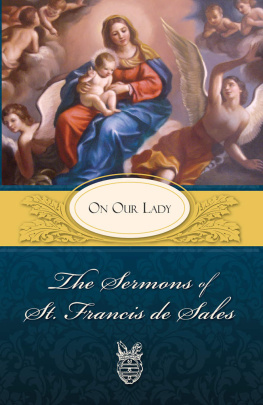


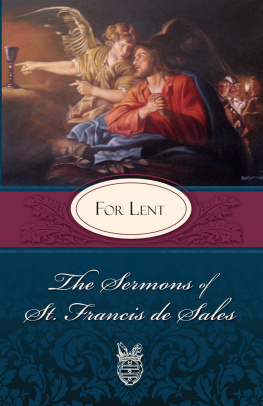
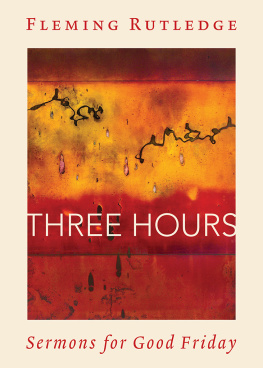
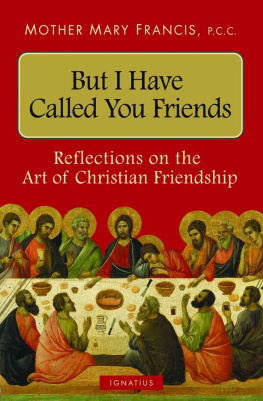




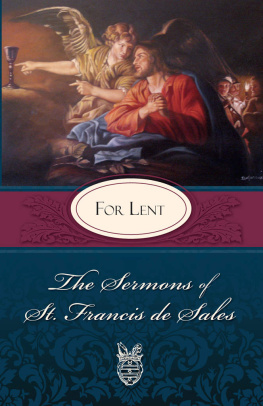
![Saint Francis de Sales [Sales - The Saint Francis de Sales Collection [15 Books]](/uploads/posts/book/266802/thumbs/saint-francis-de-sales-sales-the-saint-francis.jpg)

![Saint Francis de Sales - The Saint Francis de Sales Collection [15 Books]](/uploads/posts/book/161144/thumbs/saint-francis-de-sales-the-saint-francis-de-sales.jpg)
 Most Rev. Robert E. Mulvee
Most Rev. Robert E. Mulvee